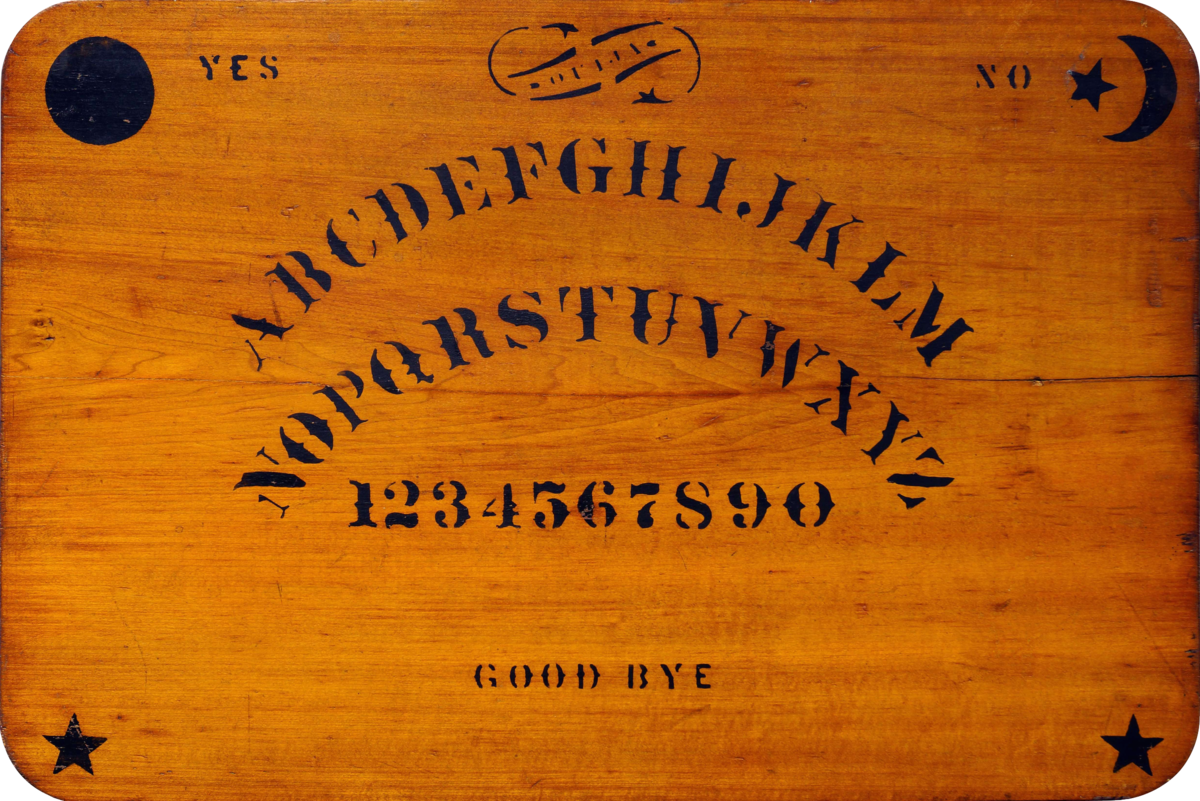
Unveiling the Mysteries: Are Ouija Boards Real in Islam? Insights from Yahoo Answers
In the realm of the supernatural, Ouija boards have long been a source of fascination and fear. For those who seek answers from the beyond, these mystical boards are believed to bridge the gap between the living and the spirit world. However, the question arises, are Ouija boards real in Islam? To unravel this enigma, we turn to the vast repository of knowledge and opinions found on Yahoo Answers.
Demystifying the Ouija Board Phenomenon
Understanding Ouija Boards
Before delving into the compatibility of Ouija boards with Islamic beliefs, it’s essential to grasp what these mysterious tools entail. Ouija boards, also known as spirit boards or talking boards, typically consist of letters, numbers, and other symbols arranged in a circular pattern on a flat surface. Users place their hands on a planchette, a small heart-shaped piece of wood or plastic, and allegedly communicate with spirits by spelling out words or providing answers to questions.
The Intersection of Ouija Boards and Islam
Islamic teachings are deeply rooted in the prohibition of engaging with the supernatural, especially practices associated with divination or summoning spirits. The Quran explicitly warns against indulging in activities that may lead one away from the righteous path. As such, the use of Ouija boards poses a moral and spiritual dilemma for devout Muslims.
Insights from Yahoo Answers
In our quest for answers, we turn to the diverse community on Yahoo Answers, where individuals share their thoughts, beliefs, and experiences. The question, “Are Ouija boards real in Islam?” has sparked a myriad of responses, reflecting the varied perspectives within the Muslim community.
The Skeptics’ View
Some contributors on Yahoo Answers dismiss the notion of Ouija boards having any real impact, citing psychological explanations for the perceived supernatural occurrences. They argue that the planchette’s movements are mere manifestations of the users’ subconscious thoughts, rather than interactions with otherworldly entities.
The Cautionary Voices
Others take a more cautious approach, emphasizing the potential dangers associated with Ouija board use. These contributors highlight the risks of opening spiritual doorways that may invite negative energies or entities, regardless of one’s religious beliefs. Their concerns extend beyond Islam, cautioning individuals of various faiths against the potential repercussions of dabbling in the occult.
Perspectives from Islamic Scholars
For a more nuanced understanding, we explore the insights of Islamic scholars who have addressed the compatibility of Ouija boards with Islamic principles. The consensus among these scholars leans towards discouraging Muslims from engaging in activities that blur the boundaries between the material and spiritual realms.
Conclusion: Navigating the Supernatural within Islamic Boundaries
In the quest to unravel the mysteries of Ouija boards in Islam, Yahoo Answers serves as a platform for diverse opinions. Whether skeptical, cautious, or aligned with the teachings of Islamic scholars, contributors underscore the importance of maintaining a strong connection with one’s faith and avoiding practices that may compromise spiritual well-being.
As we navigate the intersections of spirituality and the supernatural, it becomes evident that Ouija boards, with their inherent risks, may not align with the principles of Islam. Cautionary tales and skeptical viewpoints underscore the need for a vigilant approach to matters of the unseen.







